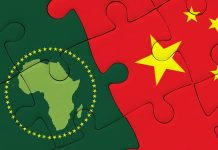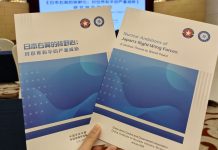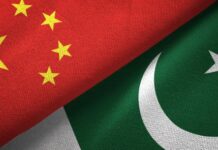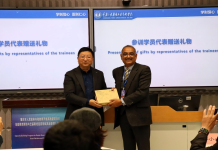BEIJING: China will continue measures to ensure the stability of foreign trade in 2022, after it proved to be a highlight of the economy this year, a State Council executive meeting chaired by Premier Li Keqiang decided earlier this week.
These efforts will include expansion of opening-up, introducing measures to respond to difficulties and challenges, ensuring cross-cyclical adjustments, and helping to ease problems facing enterprises, with a special focus on supporting smaller businesses. The measures will help secure business orders, anchor market expectations and underpin the steady growth of foreign trade.
“Foreign trade has been a major highlight of the Chinese economy this year, yet we still need to be fully prepared for the challenges in keeping foreign trade stable next year. With China so deeply integrated into the global economy, stable foreign trade is crucial to steady economic growth. Early measures must be taken wherever possible,” Li said. Greater policy support for imports and exports was decided at the meeting. Tax and fee cuts will be implemented and export tax rebates processed faster, taking no more than six working days. Banks will be guided to develop new products that suit the needs of foreign trade enterprises, including insurance-policy-based financing. The renminbi exchange rate will remain stable and banks encouraged to offer forward foreign exchange settlements and sales services in a targeted manner, to make foreign trade enterprises more resilient to exchange-rate risks.
Terms for the underwriting and claim-settlement of export credit insurance will be improved, to scale up support for micro, small and medium-sized enterprises in foreign trade and also protect against the risks of cancellation of orders before shipment. Development of new forms of foreign trade such as cross-border e-commerce will be encouraged. Support for the development and use of overseas warehouses will also be stepped up under a market-oriented approach.
“Market expectations regarding foreign trade are trending downward. Anchoring the expectations of micro, small and medium-sized enterprises in foreign trade calls for clear and targeted measures, to help them reduce costs and overcome difficulties,” Li said. “Private firms are the leading force in export, a large number of which are micro, small and medium-sized enterprises, including those in cross-border e-commerce.”
– The Daily Mail-China Daily News exchange item






